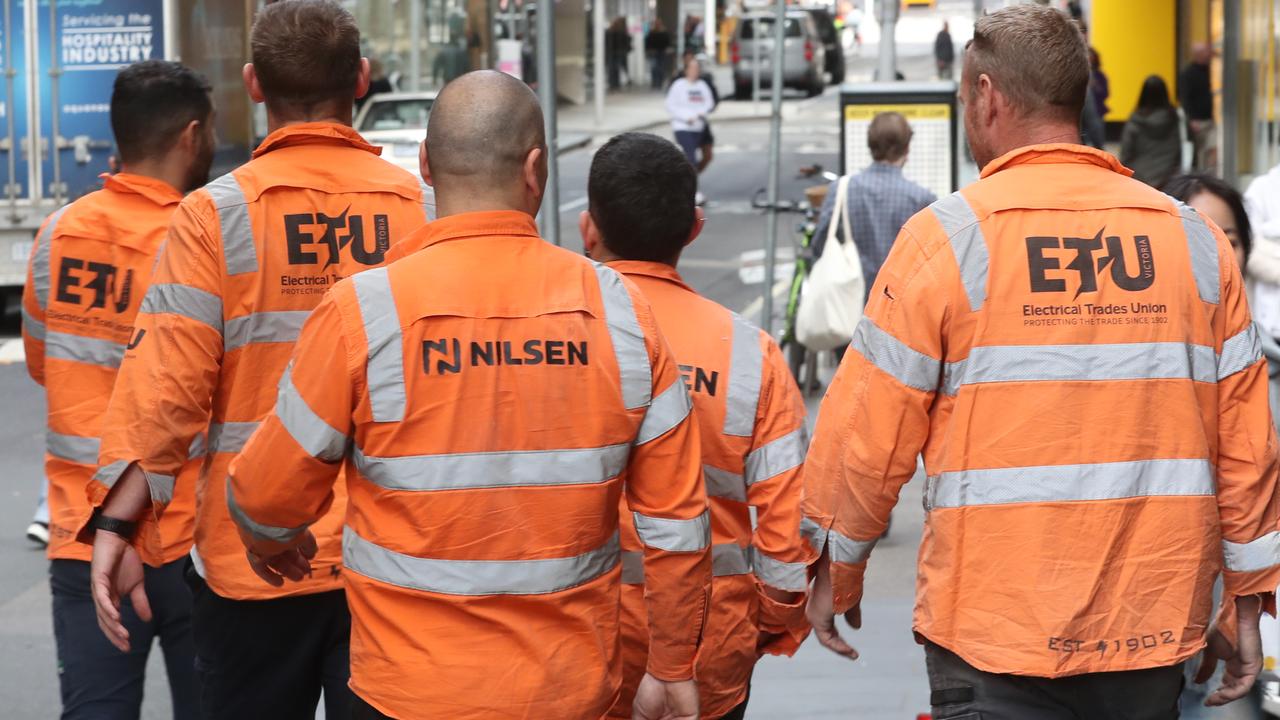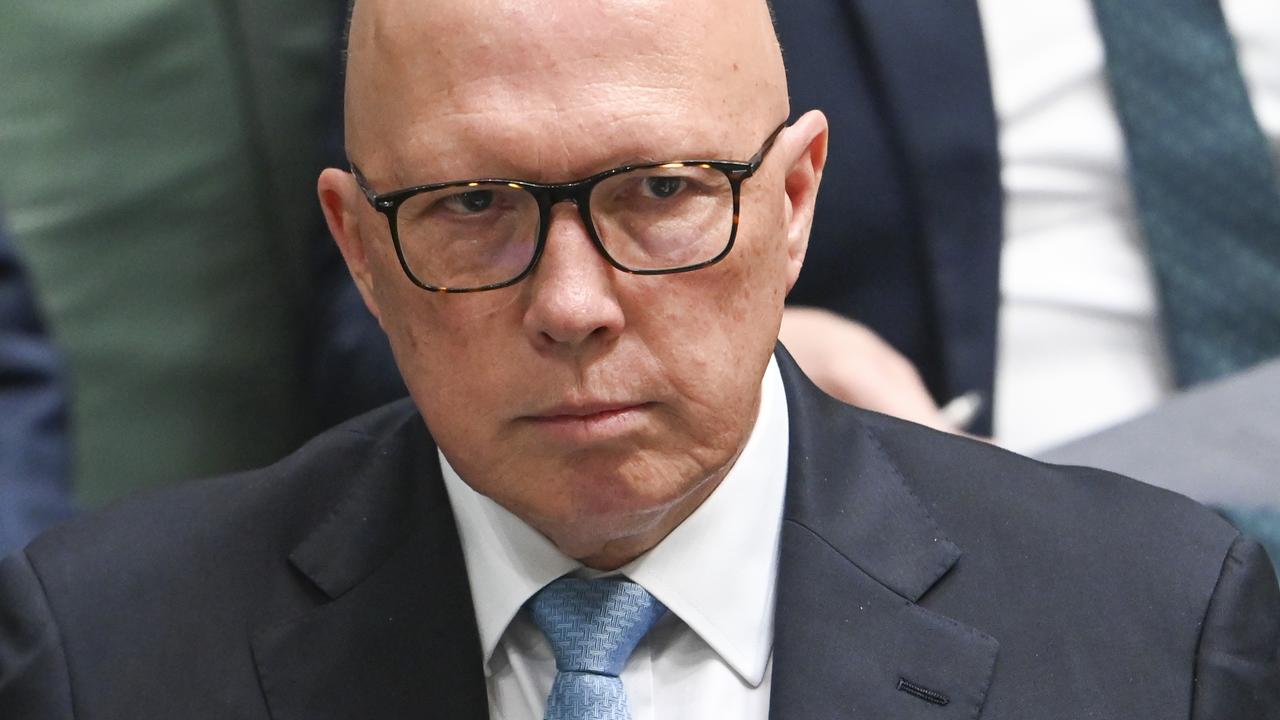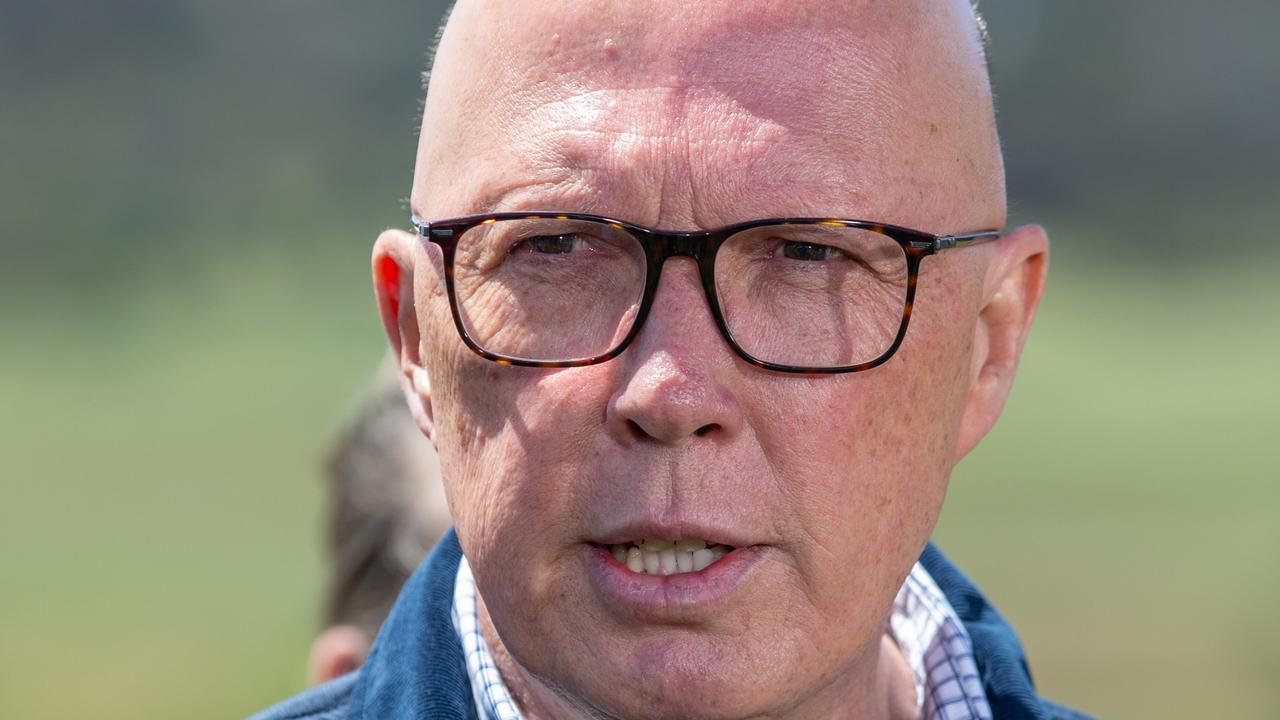Australia’s biggest taxpayer rip-off: Is it time for the fat lady to sing?
IT’S the ultimate waste of public money and people who benefit are usually rich enough to pay for the pleasure themselves.
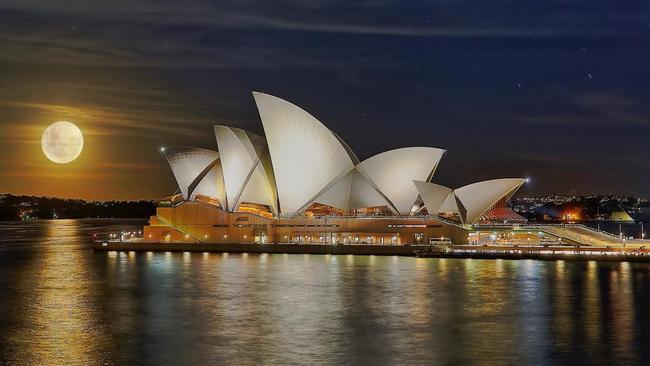
IS OPERA the ultimate waste of public money? We give them big sums, but not many people actually attend.
I have nothing against opera as an art form — I have been and enjoyed it. I support arts funding in general. But opera is just one genre of live music and we’re clearly putting too much money into it.
Opera — invented in Italy in the 16th century — is not very popular in Australia. Opera Australia got fewer than 400,000 people to attend in all of 2015.
The amount of money we spend on it though? Substantial.
Opera Australia got $25 million from government last year. Plus the federal government gives millions to opera companies in Queensland and WA and South Australia.
The amount per person works out to be astronomical. Every time an opera lover drops their bum into a padded seat the taxpayer pays on average $45 towards their experience.
(That’s for operas put on by Opera Australia. If you go to see a show by Opera Queensland, the government has pitched in $194 towards the cost of your ticket. If you go to one by West Australian Opera, it’s $191.)
For comparison, the government pays $37 towards the cost of going to the doctor.
When you go out to see a musical or a band, or a comedian, how much government subsidy do you get? Not much is the likely answer. Why does Opera get special treatment?
EVEN OPERA COMPANIES ADMIT PEOPLE DON’T LIKE OPERA MUCH
Opera Australia says Opera is “enriching Australia’s cultural life with exceptional opera.”
But to boost attendance numbers, Opera Australia puts on shows that are not really opera, just musicals.
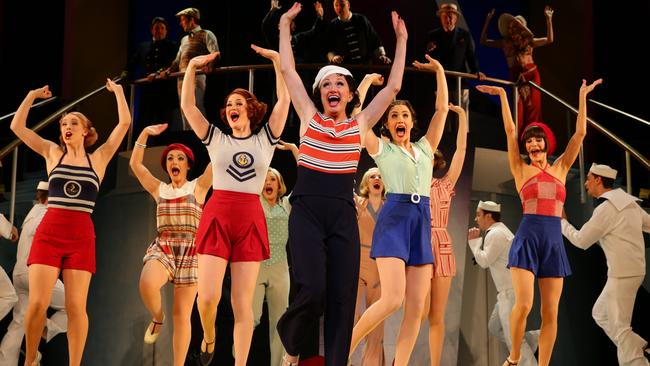
In 2015 it presented Anything Goes. The year before it did The King and I, and South Pacific. If you take out the musicals, the number of people going to actual opera shrinks, and the subsidy per attendee goes up, dramatically.
In fact, in 2014, attendance for the two musicals was higher than all the 13 operas put together.
Meanwhile, other theatres show musicals and don’t normally get taxpayers money for doing so.
There was actually a major review of opera funding last year and they insisted that government funding for musicals should stop.
The review did not insist all opera funding stop. In fact, it said the opera companies “make a significant contribution to Australia’s cultural life.”
But then again, the reviewers were the exact kind of very senior business people that opera traditionally attracts (plus a couple of people that work in the industry).
WHAT ARE WE PAYING FOR?
The point of arts funding — in theory anyway — is to support Australian people telling Australian stories. But Wagner didn’t write Australian stories. And neither did Verdi, Puccini or Mozart.
Opera Australia does occasionally put on new Australian operas, but the audiences for those are modest, and explain why they mostly put on the big famous operas.
And, to be fair, Opera Australia runs a series of shows at primary schools, reaching 80,000 kids in Victoria and NSW. They charge $7 per student, a good discount compared to the $33 to $136 ticket price for a child to attend the opera Carmen in Melbourne next year.
It also does some regional outreach. Opera Australia also did a touring show of Mozart’s The Magic Flute in 2015 that visited 17 venues and got another few thousand people along.
But what would happen if we cut public funding for opera? I suspect its posh patrons would rally together to make up the difference.
Philanthropists would be heroes for “saving opera” and they could sit in the box seats on opening night and listen to people make nice speeches about them. They’d get clapped on the back at interval and chink their glasses with the other billionaires.
In the USA, opera is crawling with million dollar donations. Here, you can get your name on the list of donors for a measly $2000.
WATCH THE SOPRANOS? OR CHANGE THE CHANNEL?
When we spend money on opera, it can’t be spent on other things.
Opera got less money than symphony orchestras but twice as much money as all other music, in the most recent grants from the governments arts funding body.
Why do we care more about Tosca than pop or rock or hip hop artists writing contemporary music about life in Australia? The funding opera gets each year could launch hundreds of careers in music genres with more appeal to most Australians.
Opera got about five times as much money as literature from the arts funding body. Yet I don’t think anyone would deny great Australian books — from Picnic at Hanging Rock to Possum Magic to The Slap — are a more important part of Australia’s cultural heritage than Opera.
Lastly, Technology is changing in a way that makes funding opera look like worse and worse value. Season One of the YouTube series The Katering Show was made with a government grant of just $150,000, for example.
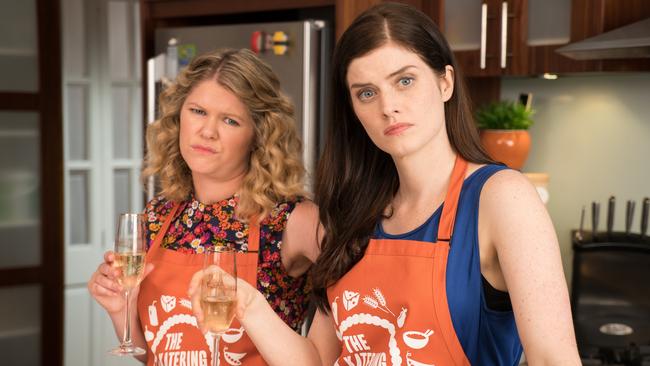
Its most popular episode has had millions of views. Even the least popular episode has had more views than Opera Australia got in attendees for a whole year. It’s also a much fairer thing to fund, because you don’t need to live in Sydney or Melbourne and have $100 spare to enjoy it.
All this is why we should consider whisking public money out of opera and spend it on things Australians value more highly.
Some people hear this argument and say: Why not fund everything? But that’s a cop out. Someone earned that dollar and paid it in tax. We could spend it on hospitals. If we are funding arts, we must choose wisely. Opera is not likely to be our best choice.
It’s probably time for the fat lady to sing.
Jason Murphy is an economist. He publishes the blog Thomas The Thinkengine. Follow Jason on Twitter @Jasemurphy


